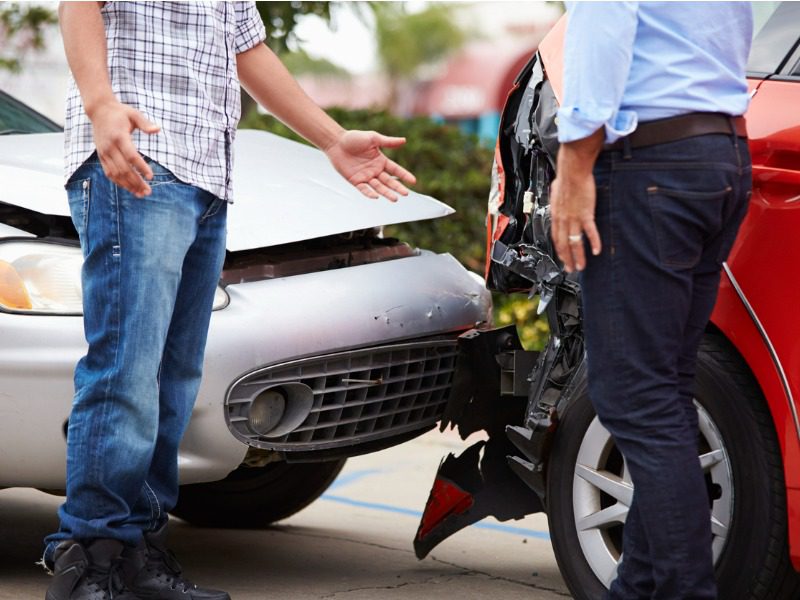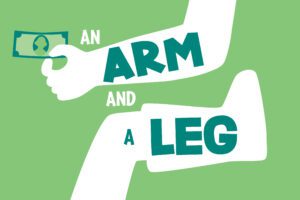Fast and furious: Which of your clients are more likely to road rage?

Men and young people aged 18-34 are more likely than women and those aged 55+ to engage in road rage behaviours, finds a recent Ratesdotca survey.
Although men and women claim to engage in road rage equally (51% respectively), men are more likely than women to engage obscene gesturing (17% versus 12%), rolling down the window to yell at someone (10% versus 6%), and stopping and exiting the vehicle (4% versus 1%), the survey finds.
Also, road rage tends to lessen with age.
Sixty-four per cent of drivers aged 18-34 say they engage in road rage, compared to only 58% of those between 35-54 and only 38% of those 55+.
Moreover, younger drivers are more likely to have been involved in a vehicle collision due to road rage (15% of people aged 18-34, versus 7% of those 35-54, and 3% of those 55+).
This information corroborates what the insurance industry already knows, the survey suggests. “Since, on average, men have long been found to engage in riskier driving behaviours and are involved in more collisions than women, insurance rates for men tend to be higher. This is especially true for young men in particular.”
Overall survey results find Canadians are more likely to report witnessing road rage behaviours (78%) than admit to engaging in it themselves (51%).
Regardless of age or gender, 35% of respondents admitted to engage in honking, flashing lights (18%), tailgating (16%), brake-checking (16%), cutting off another driver (14%), and obscene gesturing (14%) in the last year.
When it comes to the most common forms of observed road rage, cutting off another driver (58%) and tailgating (57%) take the lead.
Road rage also various according to municipality types, the survey finds.
Those who mostly drive in rural areas, for example, are more likely to exit a vehicle to confront another person (9%) than urban drivers (2%). Also, rural drivers are more likely to engage in the road rage behaviours listed above.
Only 38% of respondents say they can effectively manage their anger when driving. Another 20% say they don’t make any attempts to calm down when behind the wheel.
These are stark results for insurers and drivers alike, since the number of fatal motor vehicle collisions in Ontario caused by speeding and aggressive driving rose by 31% in 2021. The number of fatalities increased from 62 in 2020 to 81 last year, according to the Ontario Provincial Police (OPP), per Ratesdotca.
Feature image by iStock.com/monkeybusinessimages




